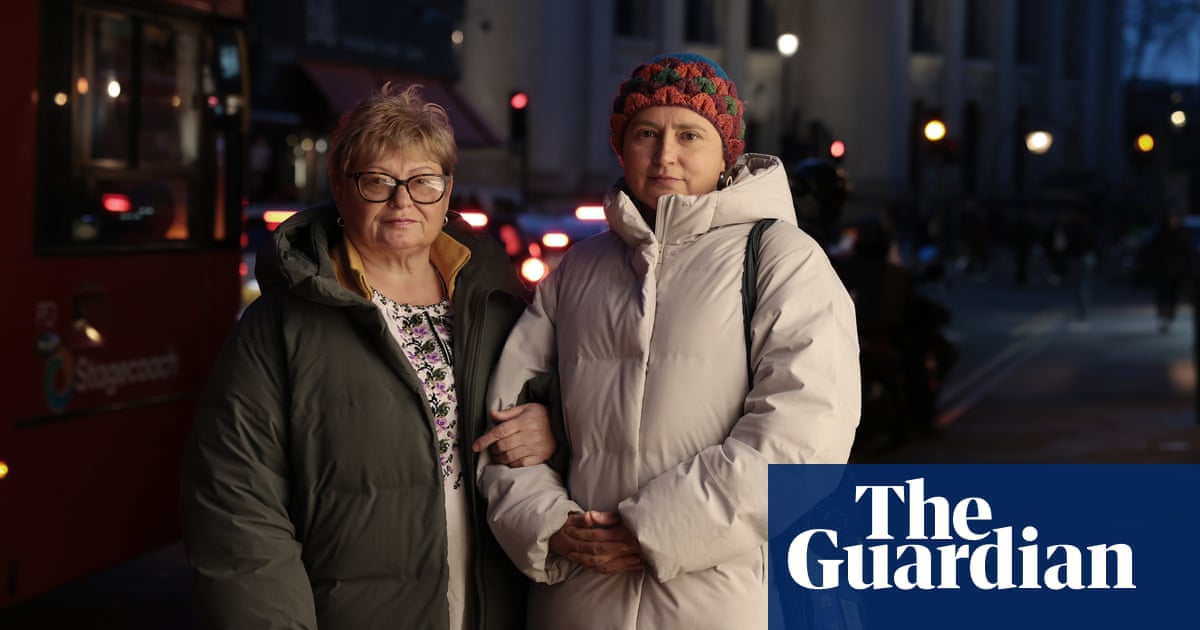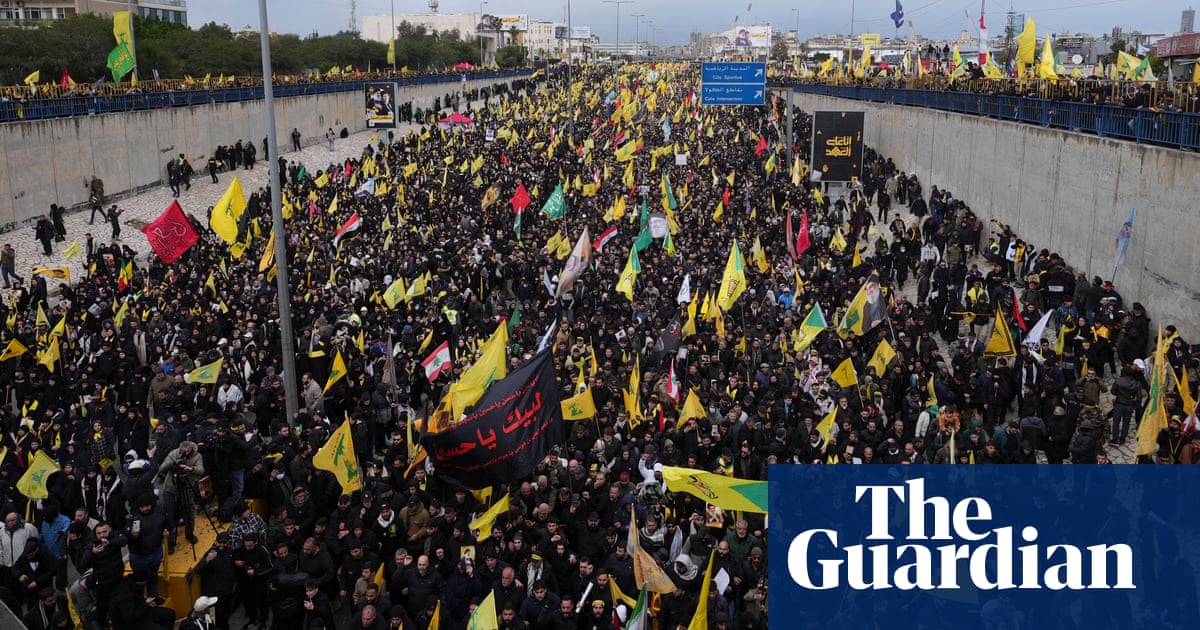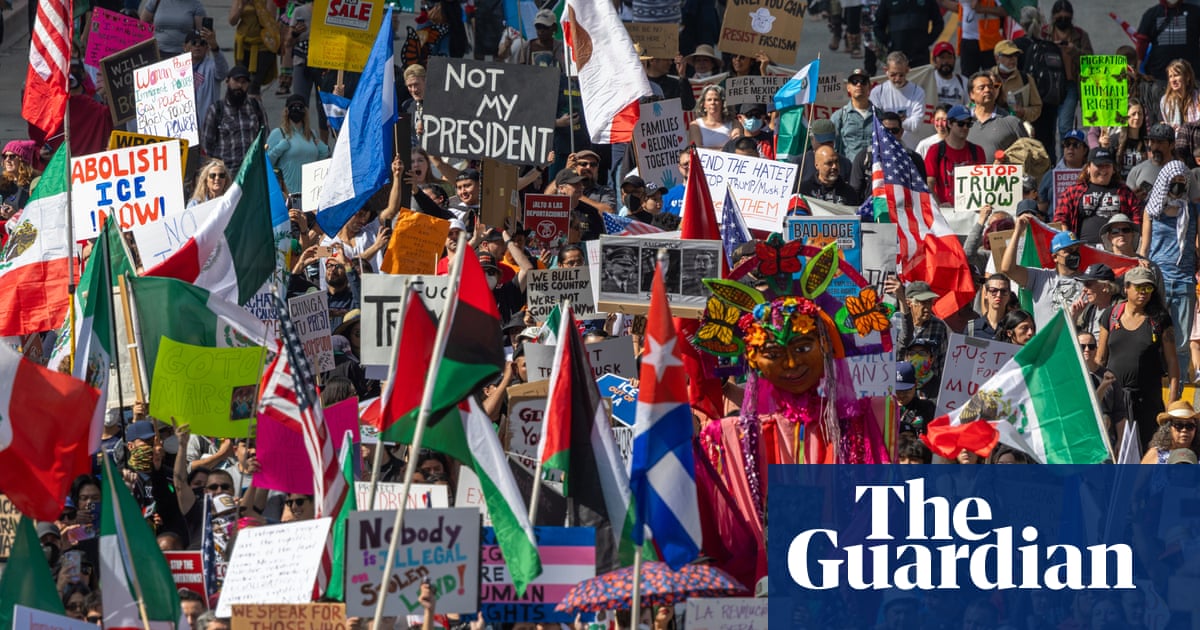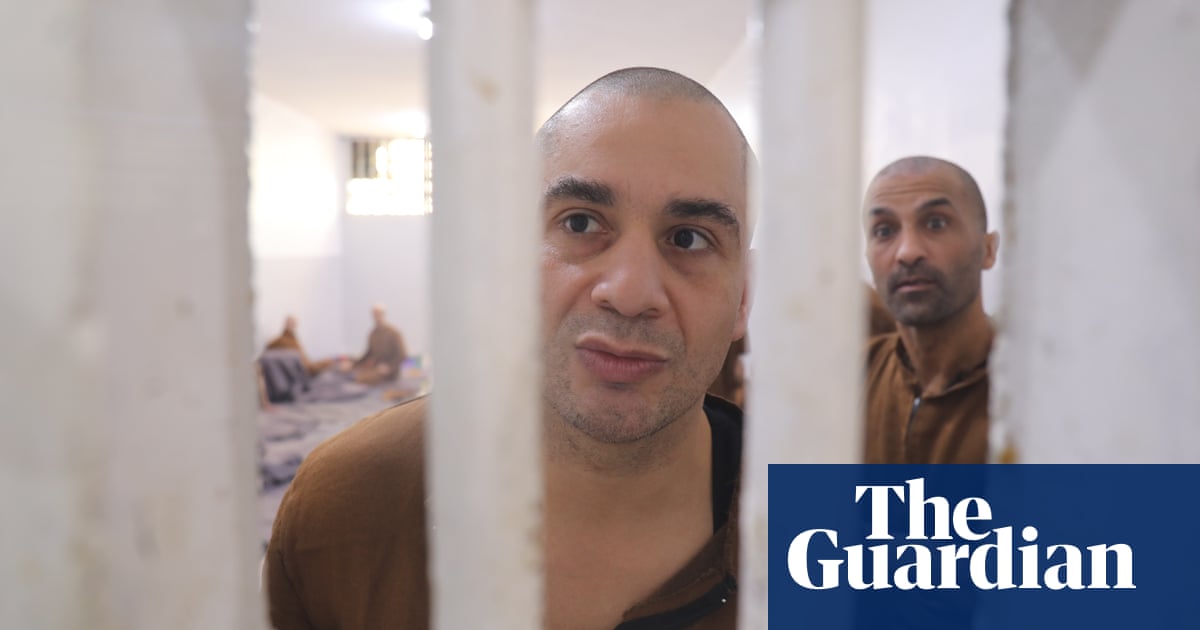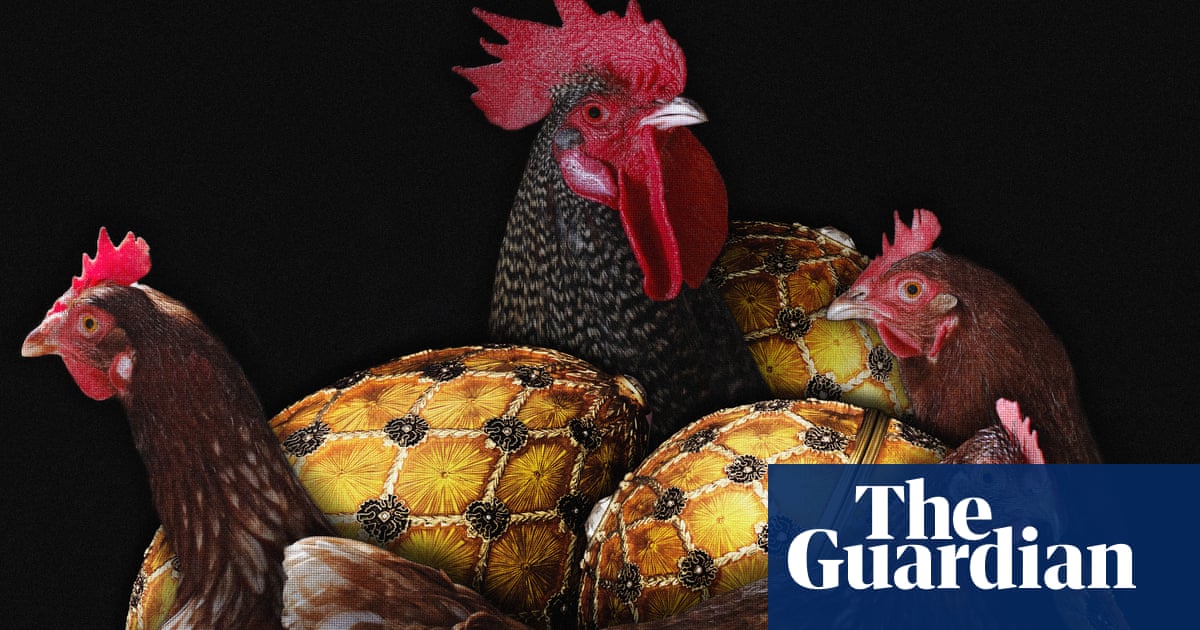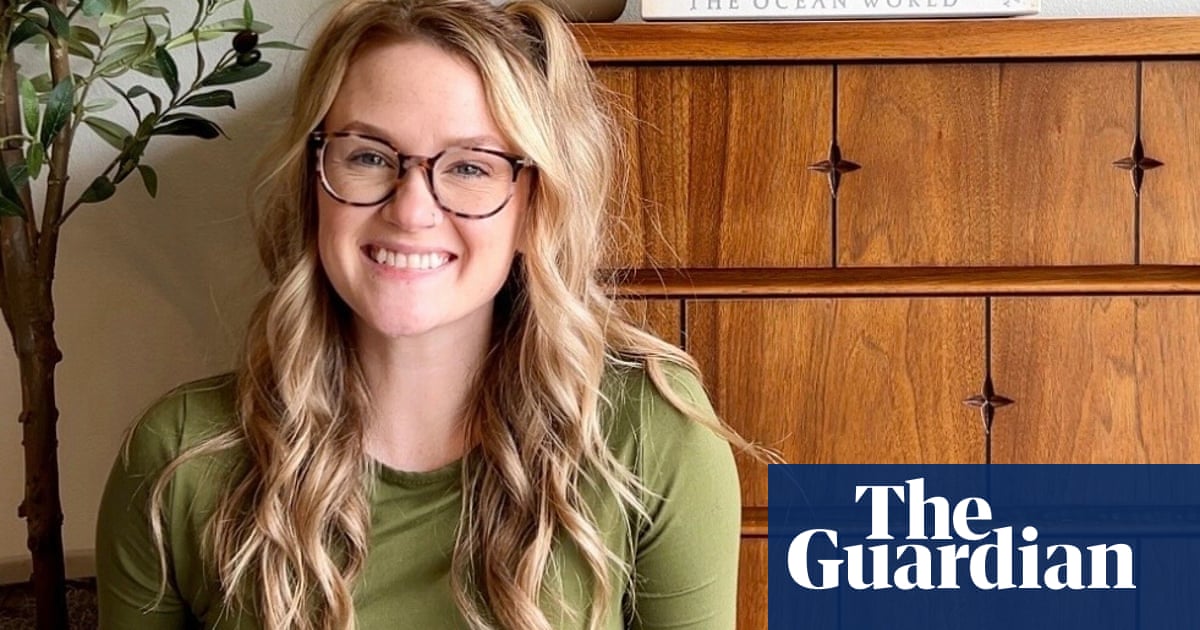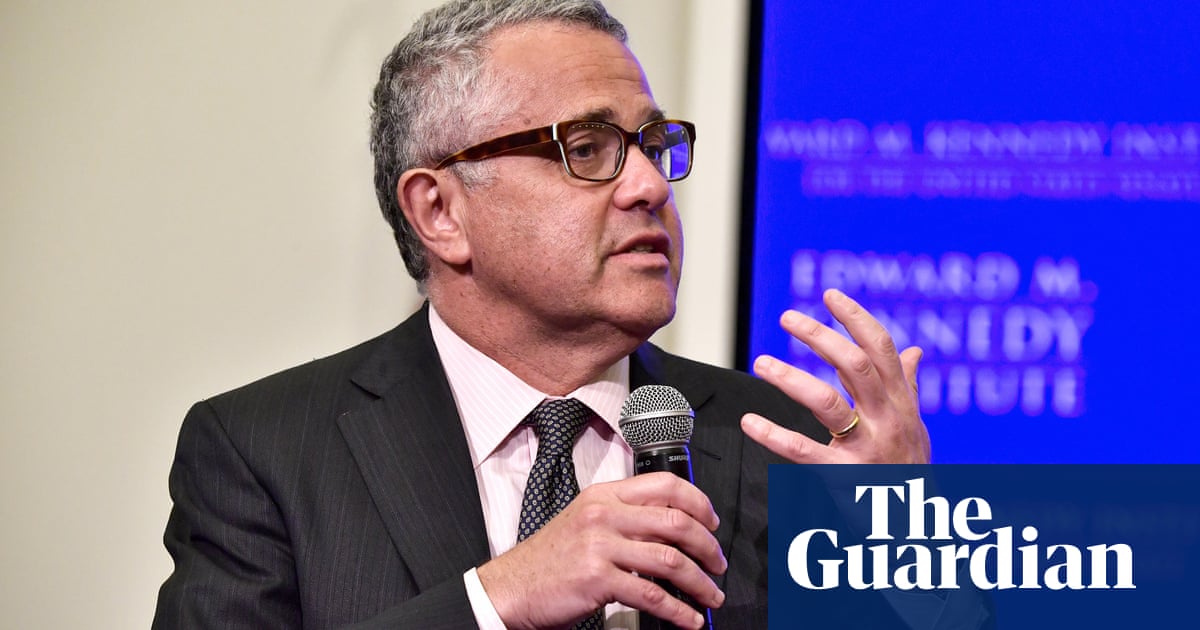It was 1987, three years before Nelson Mandela walked free. None of us knew that secret talks were going on with Mandela in prison. We saw apartheid lasting till the crack of doom. It seemed impregnable. The law had once banned “miscegenation”. And here I was directing Othello, a play about miscegenation, at Johannesburg’s Market theatre.
I used to go back there from England regularly. I was closely involved with Barney Simon and Mannie Manim, who co-founded the theatre in the mid-70s on the site of the old Indian fruit market. It was very close to my heart: a place where freedom of thought and freedom of speech could reign.
It’s difficult to describe how anomalous this theatre was. Why didn’t they crack down on it? Banning the greatest poet in the world might have provoked ridicule so they left us alone. I had found every time I went to South Africa how important theatre was. Theatre gains a whole rack of meaning if you’re doing it in, let’s say, forbidden circumstances. It’s not just another play you’re staging.
While I was watching John Kani in a play one night, it was like a bird flew into my head and started pecking: “You must read Othello, there’s something there you’ve got to find.” I read it that night until 3am. One speech just whanged at me, because it was a description of what was called “Grand apartheid”. In act three, scene three, Iago says to Othello: don’t mix the races. Don’t marry out of your “clime, complexion and degree”.
It would be the first time I had ever directed. My Othello was just there in the shape of John Kani who I had known since he was a young activist. He has a huge presence on stage. I sought him out the next day. I said: “I’ve got an idea in my head that won’t go away.” We went for a walk around the precinct of the Market, the motorway roaring overhead.
I took his arm and said: “You might fall over when I suggest this, but we’ve got to do Othello together.” There was a political journey to make because John would not move without approval from Mongane Wally Serote who was the exiled culture representative of the African National Congress.
He wouldn’t do anything without consulting Wally because how is a dead white male representing a political stance? I had to explain that I considered Shakespeare to be a protest writer, which I still do. All his plays are complex, but that play is about a so-called “unnatural” relationship. To whom is it unnatural? To Desdemona, Othello was the most natural thing in the world. “I saw Othello’s visage in his mind,” she says. Not in his skin colour.
The rehearsals were thrilling. Certain scenes came alive – such as the trial in act one about being released from some kind of enslavement. I was intent on bringing out the story of Othello to its fullest possible dramatic degree. Going to a Shakespeare play if you lived in the designated black parts of Johannesburg was not habitual and there was very little transport. But people came. Because of its position as a club theatre in a “grey area” of Johannesburg, the Market was able to play to both black and white audiences. That was the whole ethos. Othello caused an astonishing reaction, because people picked up on what it was about. To have a black and white couple kissing on stage was quite something for the time. But very few seats slammed up in the auditorium. Othello now is a black part and that’s that. It was John who did that.
Everybody is very used to Shakespeare here – it’s like a well-chewed slipper in a way. There, at that time, it felt real.
-
As told to Lindesay Irvine

 2 months ago
47
2 months ago
47

